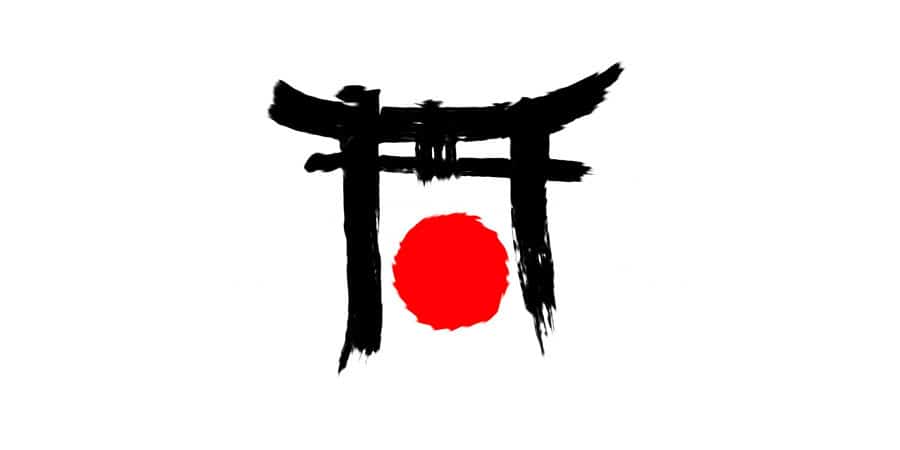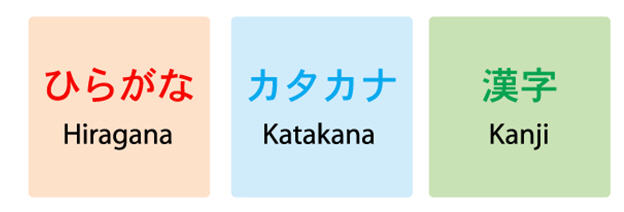For any native English speaker, Japanese is one of the most difficult languages to learn and especially if you want to expand your market share by doing SEO in Japan, this can be a huge challenge.
Japanese constitutes of 3 types of characters, “Hiragana”, “Katakana” and “Kanji”. Depending on certain keywords or phrases, certain types of characters are used rather than the other which makes Japanese SEO even more complex.
For example, if you want to target a keyword “Mobile Phone”, there are multiple ways of writing it. One would be “携帯電話” (Kanji), “携帯” (Kanji) and “ケータイ” (Katakana). By definition “携帯” means to carry, but if you search it as a keyword, most first page results in Yahoo and Google Japan will be about Mobile phones. Also the search volume for the word 携帯is higher as it is more generic.
Another difficulty is that certain words in Japanese can be pronounced the same, written the same in Hiragana, and mean more or less the same. The word “あう” (Hiragana) can be written as “会う” (Kanji), “逢う” (Kanji), “遭う” (Kanji).
All of these words mean “Meet”, but each word is used in different contexts. There are many translation sites like Google translate that people may rely on, but the translations given often fail to be accurate for the context and can only lead to further confusion and incorrect keywords being chosen.
Japanese tends to make abbreviations in many words and one great example is the phrase mobile phone I have used. “ケータイ” is an abbreviation of “携帯電話” and when speaking most people say it in the abbreviated format rather than the full.
A search result will show you some proof that there are significant search results for the abbreviation ケータイ, which are 450,000 monthly local searches, while携帯電話, has 823,000 monthly local searches. So there is enough demand and searches for the abbreviated term and because it has become so common, the word itself already stands as a strong keyword to be considered for mobile phones in Japan.
The above example clearly demonstrates the difficulties in selecting the right keywords to be optimized for in Japanese since translation sites or services may not often offer abbreviated terms for specific keywords. So keyword selection in Japanese is not always straightforward and from an SEO point of view, you really want to know what keyword will provide the best ROI and often it may not be the normal term given by translation.
It is therefore very important when doing SEO in Japanese to be confident in the Japanese language skills of your translators and always ask them about abbreviations and colloquialisms for the particular keywords you are targeting.
For any foreigner thinking to expand or create a website targeting Japan and writing Japanese content, I will say it again “Are you choosing the right keyword?”




